Enilda Clinic Learning
Autism
Dr. Hayward provides information about how to request from your private insurance that her services are covered under in-network rates, rather than out-of-network rates. If approved by your insurance, this can reduce the costs of services considerably, depending on your plan.
Today I'm chatting with Dr. Rubia Subhani. She is a psychologist practicing in Georgia and also a parent to an autistic child. Across her professional and personal journey she has developed a mindfulness practice to help her child manage anxiety and behavior flare ups.
I'm chatting today with a psychologist who specializes in giftedness, Andrea Lein. She and I really nerded out... for a while. We talk about what giftedness is, what twice exceptional is (when a gifted personal has a learning or emotional disability in school), and how parents can approach supporting twice exceptional children. Enjoy!! (I know we did!)
Dr. Blevins discusses how parents and teachers can approach aggression that shows up in children. She discusses how aggression is a form of communication and how parents can start to notice what need that communication serves to meet. She also discusses which service providers are best suited to helping…
I'm chatting with the owners of Pacific Northwest Behavior, a Spokane, WA based ABA provider to young children with autism and other developmental difficulties. Kourtney and Steve are BCBAs, and we chat about the important ethical considerations of using ABA to honor autistic people's independence while also helping them to gain more independence.
We dive into differential reinforcement and how parents are likely to encounter this behavioral principal with any child on a typical day.
Today's video is the second in a three-video series on supporting your child in the financial domain. A couple of week's ago I addressed college (and other after-high-school pursuits) planning. In a few weeks I'll be addressing growing financial skills through intentional parent-led teaching by interviewing Thomas Corley, an award-winning author.
Today I am chatting with Randi Johnson of Lilac City Law about young family estate planning. Estate planning is putting in writing (so everyone is clear) your wishes for your children in the unfortunate event of your and their other parent's passing. We will discuss estate planning for typically developing children and the concerns involved when raising a child with special needs.
Specifically, we'll look at considering power of attorney versus guardianship when your child becomes an adult, choosing a guardian and the different types of guardians, examining what a trust is and how it can provide
Today I'm continuing my series of expert chats with Brandie Rosen, a 25-year veteran of special education and teacher training. She's worked on over 5,000 IEPs! She shares with us valuable insight into writing good IEP goals.
IEP goals are the meat of any special education child's services. They provide the road map for what the school, his teachers, and the child will be accomplishing as part of the special education programming for the next calendar year. Brandie helps me to understand how this individualized map fits in with the general education curriculum and how it pulls services, like speech and language, to support meeting the IEP goals. We also dive into Brandie's work in training teachers, specifically with addressing anxiety in students. Brandie provides a framework for how she promotes a collaborative, expertise driven working style so that teachers can do their best work with students while students are getting all of their needs met.
Have a great day!
Dr. Blevins
Resources
Brandie's parent website: https://brandierosenconsulting.com/
Brandie's teacher website: http://learn2teachwithbrandie.com/
Here is a link to Brandie's resource page for parents; lots of good IEP content! :) https://brandierosenconsulting.com/faq-and-resources/
Dr. Blevins chats with Katrina Roy and Peter Tassoni, both employed with the state of Washington, about considerations for college financial planning. Planning for both special needs and typically developing children are covered.
Download the presentation here: https://teachdirections.enildaclinic.com/funding-college
Questions covered include:
1. What might be additional factors to consider, financial opportunities, or hurdles to overcome when planning for college if a child has special needs?
2. What if your child is considered disabled and won’t get a traditional college credential. Is funding available for them?
3. For typically developing kids, what’s the ideal planning path?
4. For typically developing kids, if I haven’t planned and my kid is now in high school, what should I be doing to best prepare for a good financial situation with them in college?
5. What is my child’s responsibility (at various ages) that I can encourage them to do to contribute to their college financial health?
This week's learning video discusses restrictive and repetitive behaviors (RRBs) as they are sometimes seen in high functioning (HFA) individuals with Autism Spectrum Disorder (ASD).
I often see, and many psychologists describe, that children and adults who have reached a higher level of adaptive functioning, or higher cognitive (thinking) skills level, will present differently than a moderately or low functioning person with ASD. First I'll provide some context for how I most often have seen HFA in my private practice among young children and when evaluating a range of ages up through adulthood.
A person with HFA can better compensate because …
When a child is diagnosed with a developmental or mental health disorder, many parents start their own journey of becoming a new, tougher parent. It involves grief, self-compassion, finding your tribe and your voice, and becoming your child's advocate. I'm chatting today with my friend Amanda who is a mother of two children on the Autism spectrum. She eloquently shares her journey from novice to pro in developing her advocacy skills for her children in the school system. I know from working with families that Amanda's journey will parallel many other's paths. Her lessons learned may be helpful to some as they are sorting out skills they need or finding courage to be bold.
A few tidbits from this video:
1. The arc of Amanda's path was to first find her voice, then learn her legal rights as well as her child's legal rights, and now she is currently working on supporting her opinion with data when she talks with the school. 2. She uses targeted parent support groups online to find her tribe where she feels heard and can gain new ideas to help her children. She identifies this as her most valuable resource in supporting her children. 3. She discusses the signs of autism she saw in her own children in early infancy and childhood. 4. She discusses how she had to push to get an evaluation for her first child when no one else shared her concerns, and how this experience made her feel and led to a delay in diagnosis. 5. She shares how she learned about Washington state law to empower herself to share her opinion with her children's schools. 6. She shares how she pushes now for the school to collect data to support continued interventions in her child's ASD areas of concerns, like elopement and anxiety, and how she helps them to identify appropriate interventions based on the data.
Dr. Blevins is discussing educational therapy. Specifically she focuses on ed therapy to help with executive dysfunction, or managing time, space, and mental resources to be successful in academics. She talks about how this can help your child love learning again, build and keep your relationship with them strong, and help them to be more efficient so they can live life.
Dr Blevins discusses ACT. She works with parents who have children experiences emotional and behavioral difficulties or developmental delays. ACT is an excellent therapy to help parents manage the many tasks they do daily, the emotions that come with supporting a child who is struggling, and helping your whole family feel better.
Dr. Blevins describes Parent-Child Interaction Therapy, which is a therapy used with young children and their parents to address numerous behavioral and mood difficulties as well as parent-child attachment. Learn more about Dr. Blevins child psychology practice, including assessment and therapy, at EnildaClinic.com. Enilda Clinic is located at 705 W 7th Ave, Ste.
Dr. Blevins describes the core features of Autism Spectrum Disorder. Learn more about her services in diagnosing and therapy for families touched by ASD at EnildaClinic.com. Learn all about what makes Enilda Clinic in Spokane, WA the very best. We''re located at 705 W 7th Ave Suite D, Spokane, WA 99204 or give us a call at 509-844-0002.
Categories
Don’t miss out on a new learning video or hosted event.
Join the mailing list
Still have questions about the services provided by Enilda Clinic? Contact Dr. Hayward to learn more about child & teens assessments, parenting leadership services, young child therapy, or payment options.




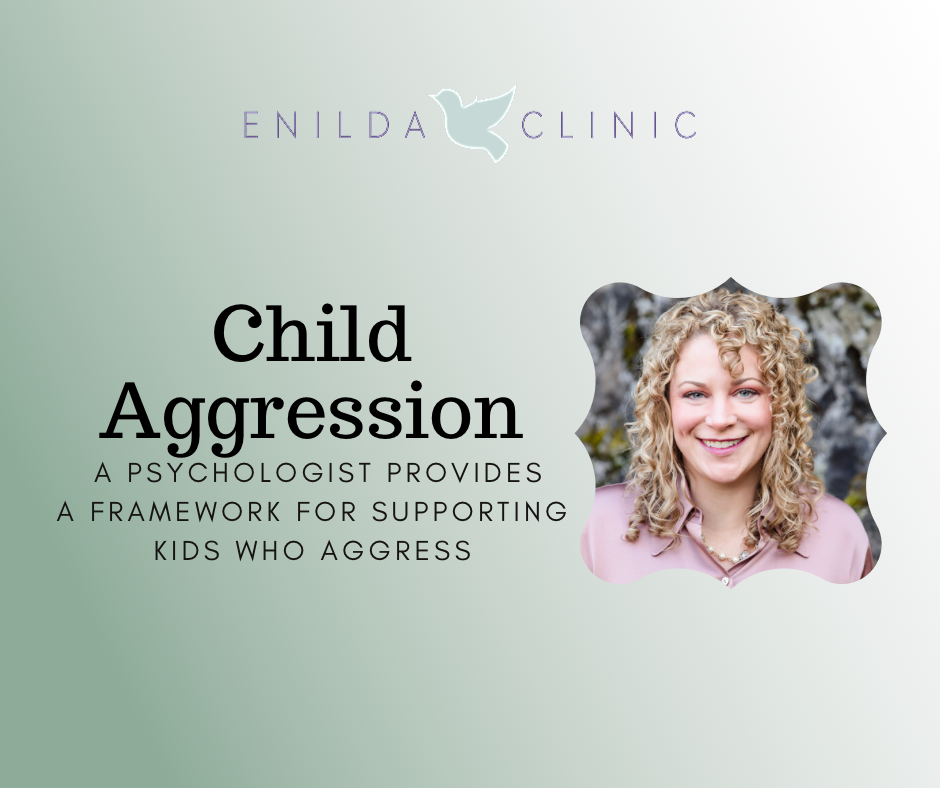


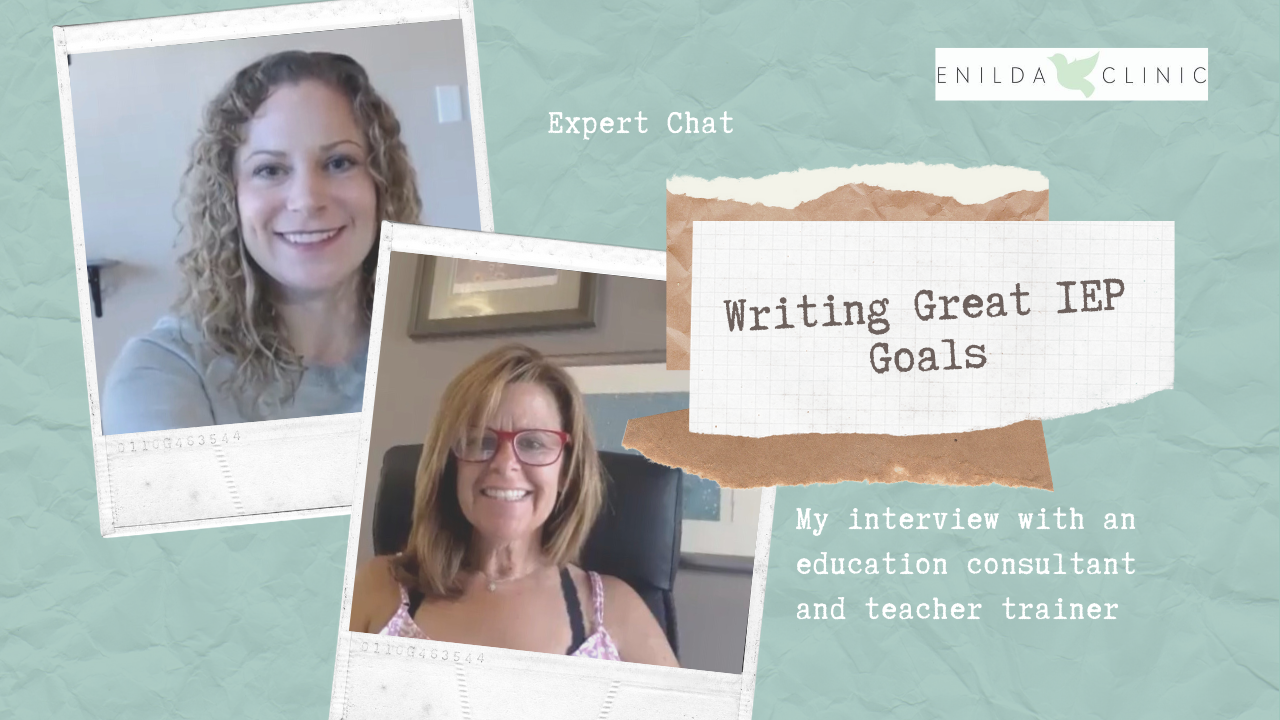
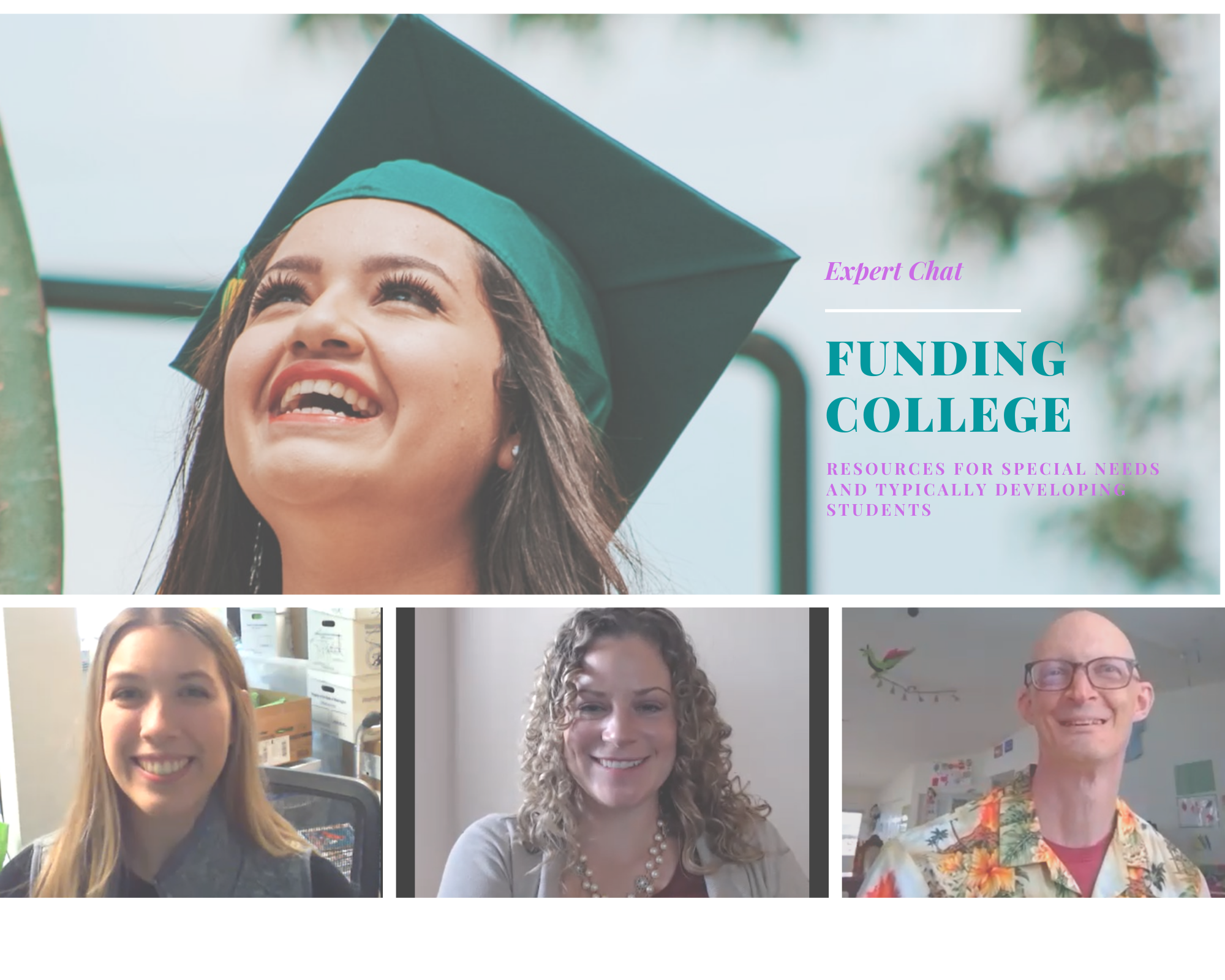




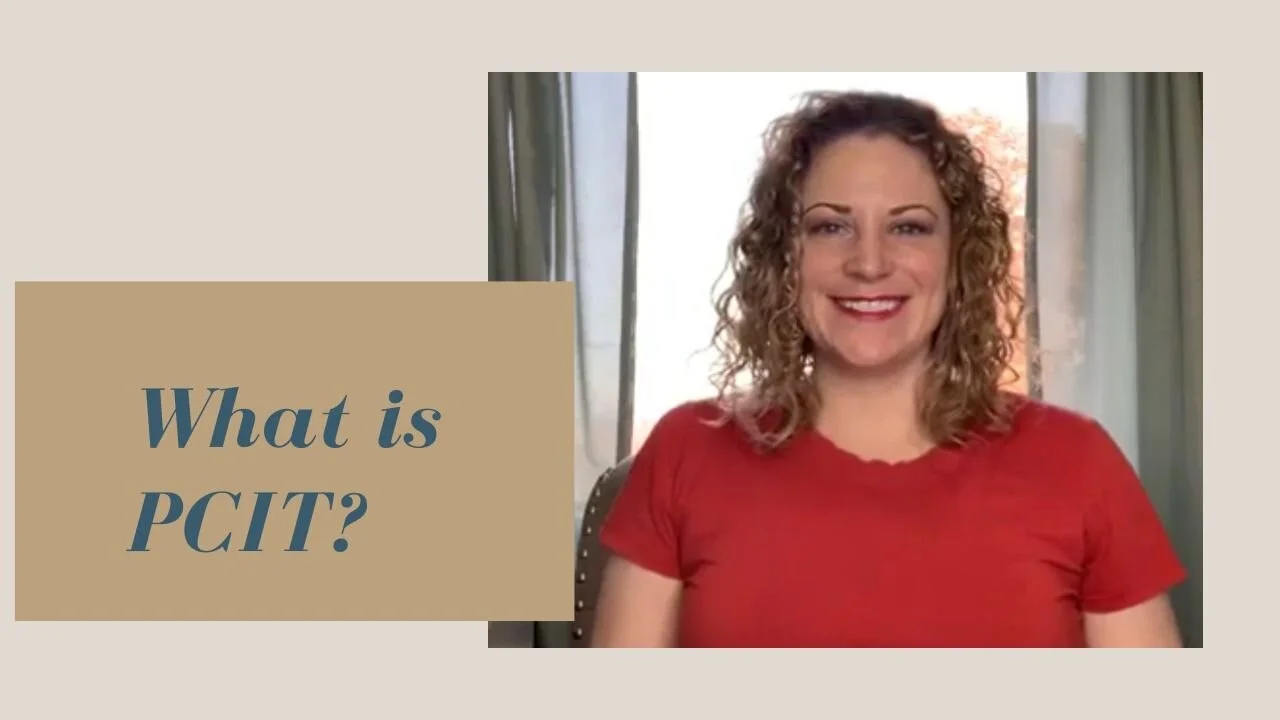

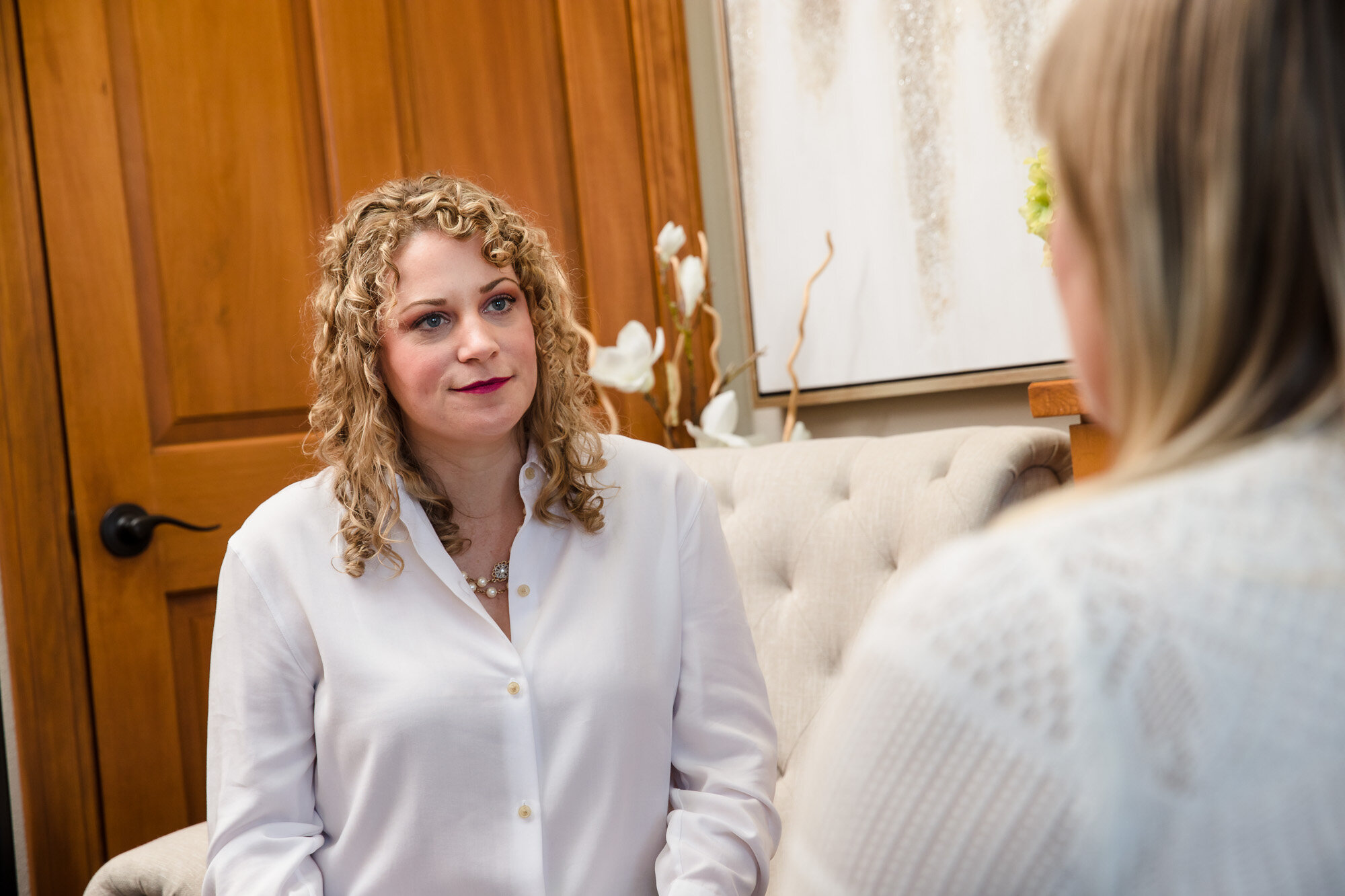
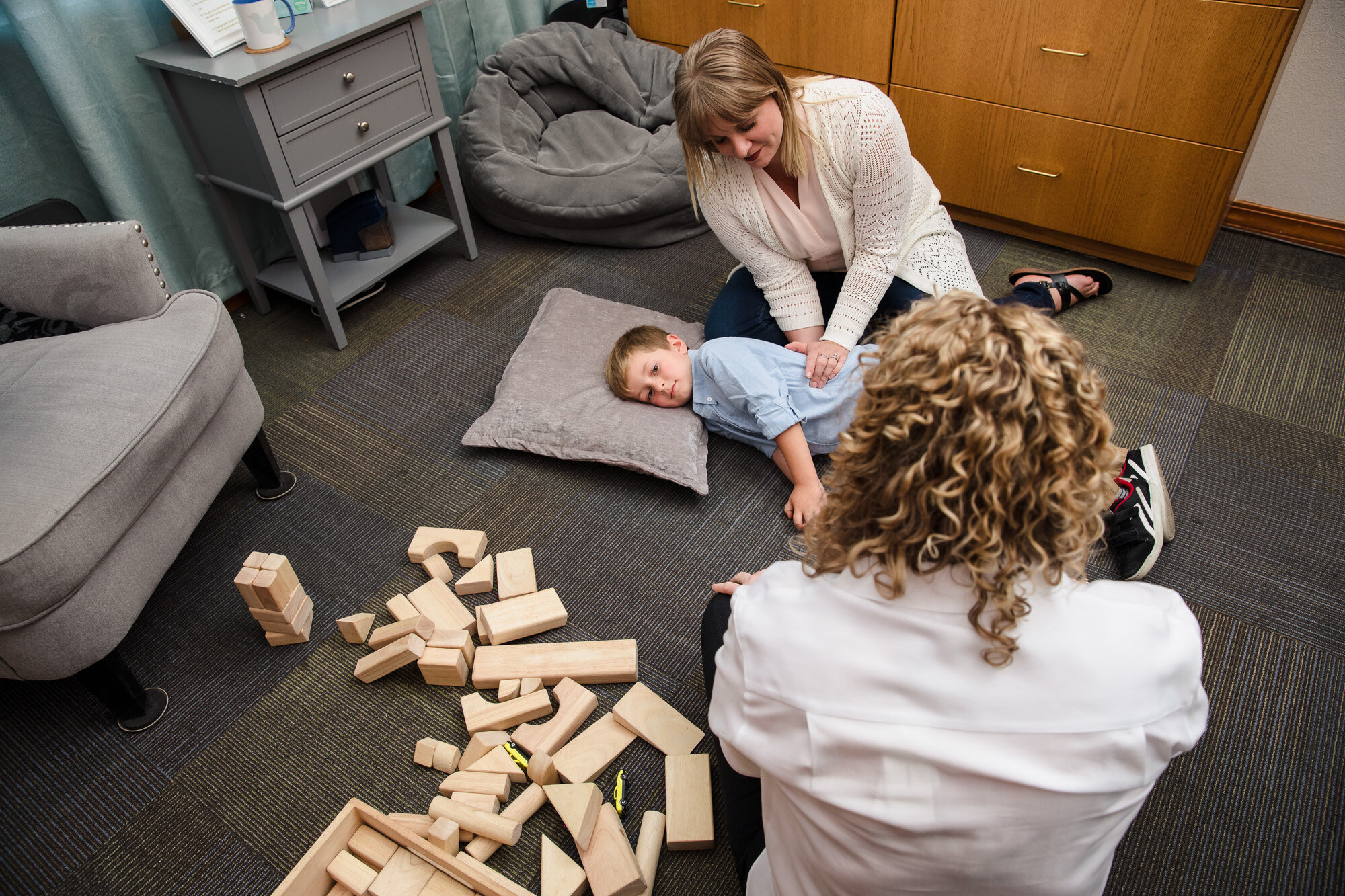

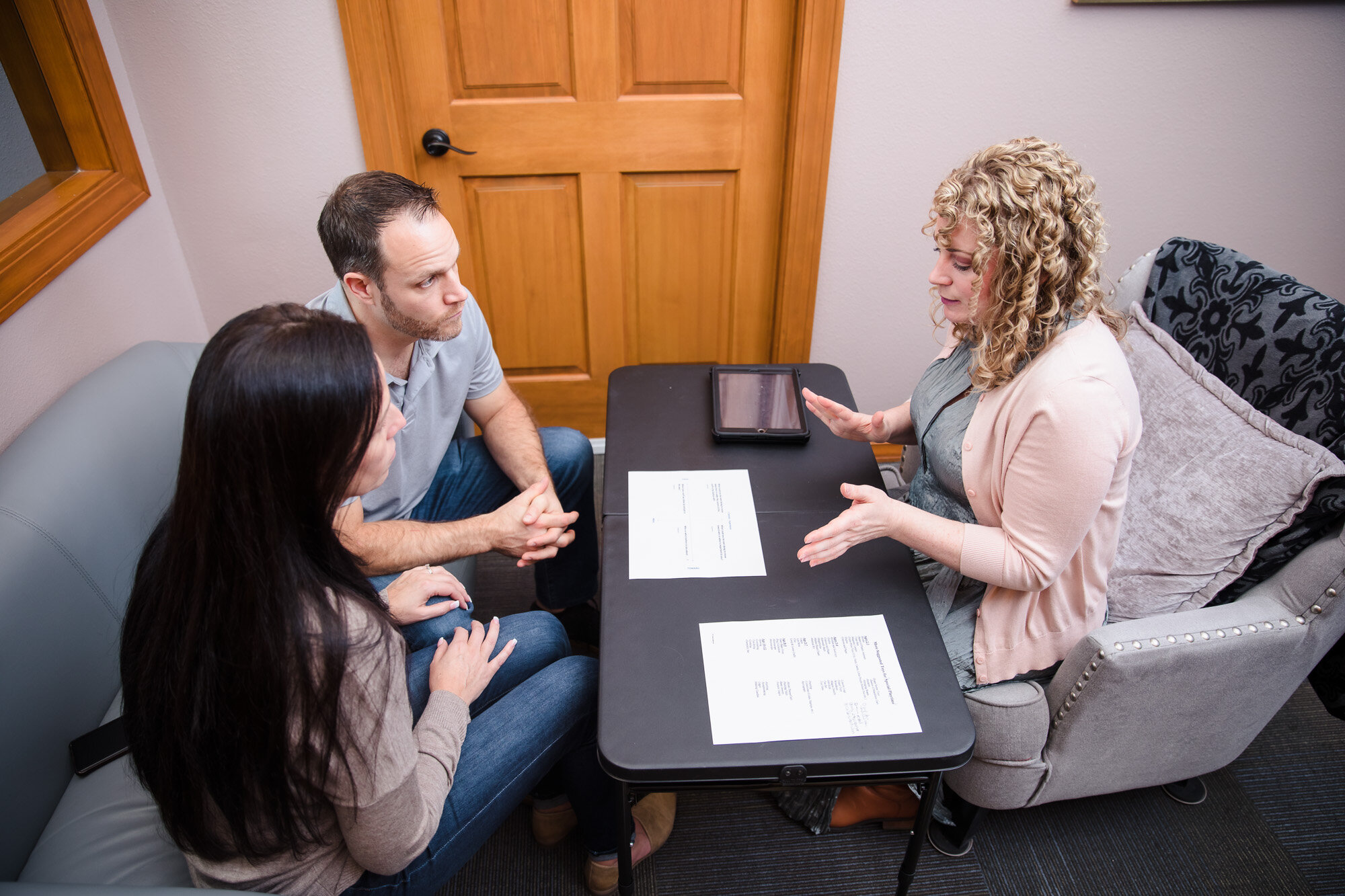


Today we are talking about alternative treatments for supporting your child's behavior. Alternative treatments might be things like essential oils, elimination diets, using the moon to decide when you will go out for fun activities versus hunkering down in anticipation of naughty behavior, and other types of old wives tales and Instagram / Pinterest wisdom that is not necessarily linked to evidence-based studies. Many providers, including physicians, psychologists, therapist, and others, get this question all the time. It's a very important question because it frames the way that you as a parent will approach treatment for your child and the energy and attributions you give to interventions along your child's journey.